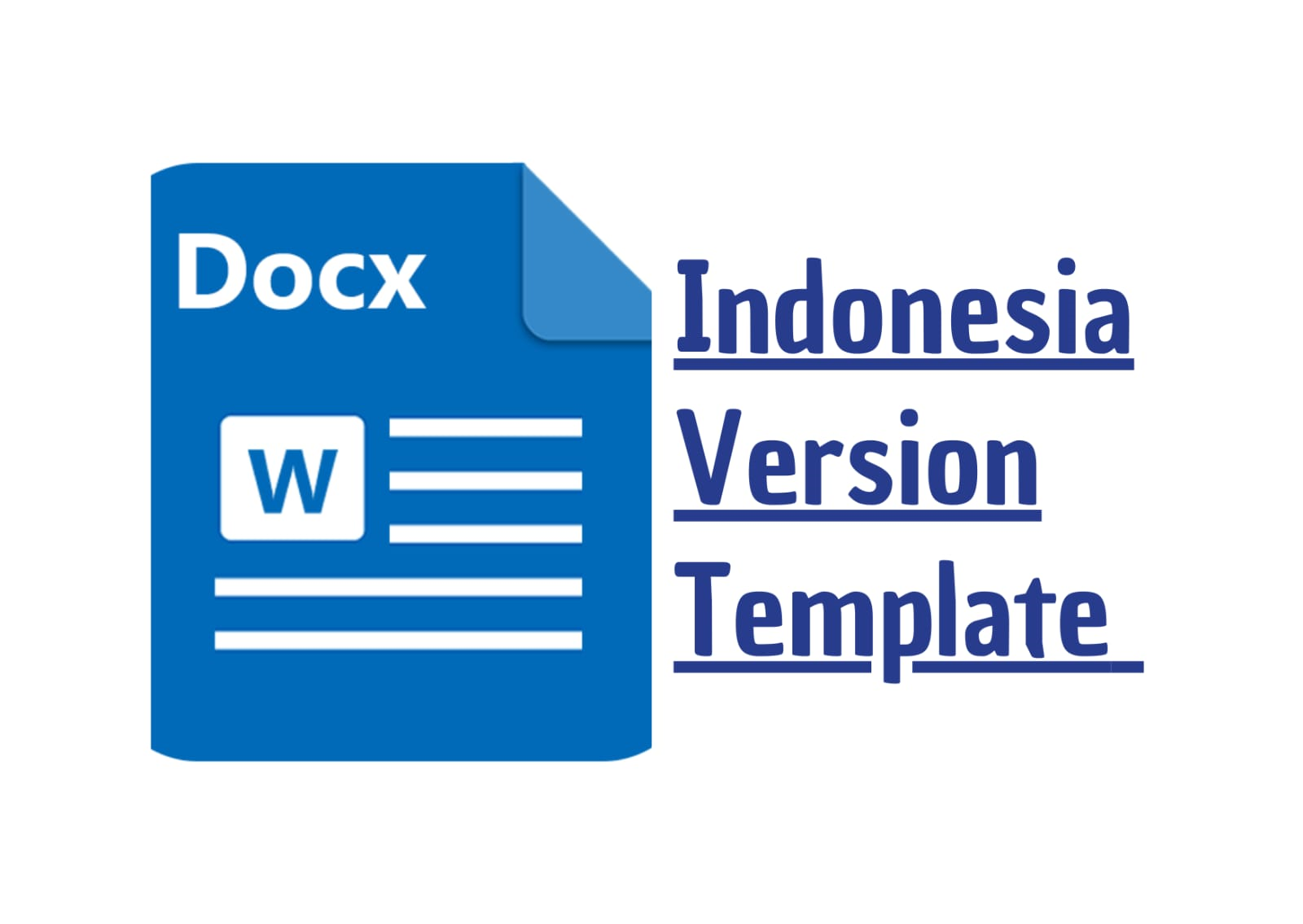Hubungan antara Nomophobia dengan Kontrol Diri pada Mahasiswa Universitas Negeri Makassar
DOI:
https://doi.org/10.56799/peshum.v3i4.3810Keywords:
Nomophobia, Self-control, SmartphoneAbstract
Nomophobia is anxiety due to being away from a smartphone. Students in the current digital era really follow technological developments, especially smartphones. This makes students unable to stay away from their smartphones, causing feelings of anxiety when they cannot use their smartphones, which makes students experience nomophobia (no mobile phone phobia). Nomophobia is influenced by several factors, one of which is self-control. The aim of this research is to determine the relationship between self-control and nomophobia in Makassar State University students. The respondents in this study were 385 students aged 18-24 years and actively using smartphones. The sampling technique uses accidental sampling. The measuring instrument used is the No Mobile Phone Questionnaire (NMP-Q) to measure the nomophobia variable and the self-control scale to measure the self-control variable. This research uses the Spearman's rho hypothesis testing analysis technique. The results of the research show that the self-control variable has a significant relationship with a significance value of 0.004 towards nomophobia with a correlation coefficient of -0.145, which means the direction of the relationship is negative. The implication of this research is that it is a reference source that can contribute to other people regarding self-control and nomophobia.
Downloads
Downloads
Published
How to Cite
Issue
Section
License
Copyright (c) 2024 A Rizqa Nurfithrah, Ahmad Ridfah, Ismalandari Ismail

This work is licensed under a Creative Commons Attribution-ShareAlike 4.0 International License.



















